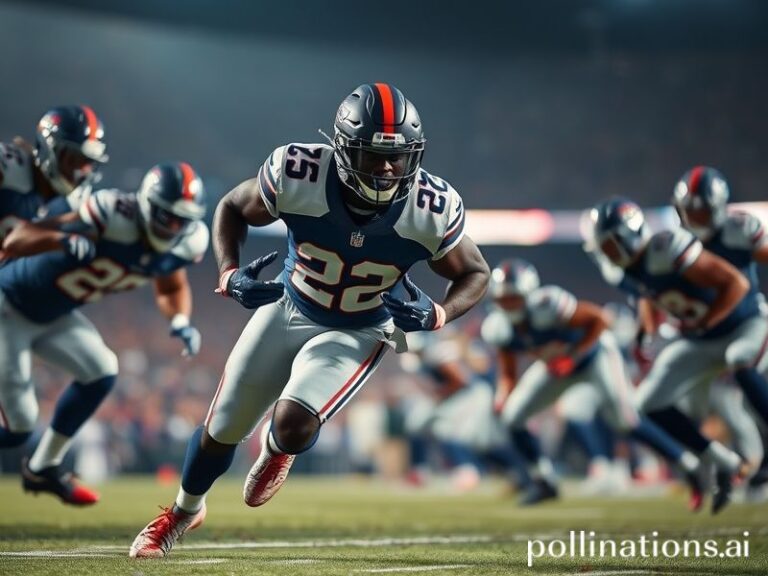Luis Suárez: The Biting Legend Who Just Won’t Quit the Spotlight
# **Luis Suárez: The Biting Legend Who Just Won’t Quit the Spotlight**
Oh, Luis Suárez. The name alone is enough to send shivers down the spines of defenders and football purists alike. The Uruguayan striker, known for his predatory instincts in front of goal and, let’s not forget, his penchant for chomping down on opponents, is back in the headlines. But why is the world suddenly talking about him again? Let’s dive into the cultural phenomenon that is Luis Suárez and explore why he’s trending globally.
### **The Biting Incident That Launched a Thousand Memes**
First things first, let’s address the elephant in the room—or should we say, the incisor in the room. Suárez’s biting incidents have become the stuff of legend, with his most infamous chomp occurring during the 2014 World Cup against Italy’s Giorgio Chiellini. The incident was so shocking that it sparked a global conversation about sportsmanship, mental health, and the sheer absurdity of biting someone in a professional football match. The internet, of course, lost its mind. Memes, GIFs, and parody videos flooded social media, turning Suárez into an unlikely internet sensation.
But why does this keep happening? Suárez himself has admitted to having an “anger problem,” and his actions have often been attributed to his competitive nature and a history of mental health struggles. While his behavior has been widely criticized, it has also sparked discussions about the pressures athletes face and the need for better mental health support in sports.
### **Cultural Impact: The Love-Hate Relationship**
Suárez’s career has been a rollercoaster of highs and lows, both on and off the pitch. His goal-scoring prowess has earned him a place among the greats, but his disciplinary record has often overshadowed his talents. This love-hate relationship with the footballing world has made him a polarizing figure, but it’s also what makes him so fascinating to watch.
In Uruguay, Suárez is a national hero. His performances for the national team have inspired a generation of young footballers, and his ability to deliver in crucial moments has cemented his status as a legend. Meanwhile, in Europe, his antics have made him a household name, albeit for all the wrong reasons. Love him or hate him, you can’t deny that Suárez knows how to command attention.
### **Social Impact: A Conversation Starter**
Suárez’s actions have sparked important conversations about sportsmanship, mental health, and the pressures of professional athleticism. His biting incidents have been used as case studies in discussions about anger management and the need for better support systems for athletes. Moreover, his story has highlighted the complexities of fame and the challenges that come with being in the public eye.
### **Why It’s Significant Now**
So, why is Suárez trending again? Well, it’s not just about the biting incidents. Suárez has recently been in the news for his performances with his current club, Inter Miami, and his potential return to the Uruguayan national team for the upcoming World Cup. His presence in Major League Soccer (MLS) has brought a new level of excitement to the league, and his potential return to international football has fans buzzing with anticipation.
Additionally, Suárez’s story is a reminder of the power of redemption. Despite his past transgressions, he has continued to excel on the pitch and inspire a new generation of footballers. His journey is a testament to the idea that people can change and grow, even in the face of adversity.
### **Conclusion: The Bitten Legend**
Luis Suárez is more than just a footballer; he’s a cultural icon, a meme machine, and a conversation starter. His career has been a whirlwind of highs and lows, but through it all, he has remained a fascinating figure. Whether you love him or hate him, you can’t deny that Suárez knows how to stay in the spotlight. And as he continues to make waves in the footballing world, one thing is clear: the world will always have a soft spot for the bitten legend.







